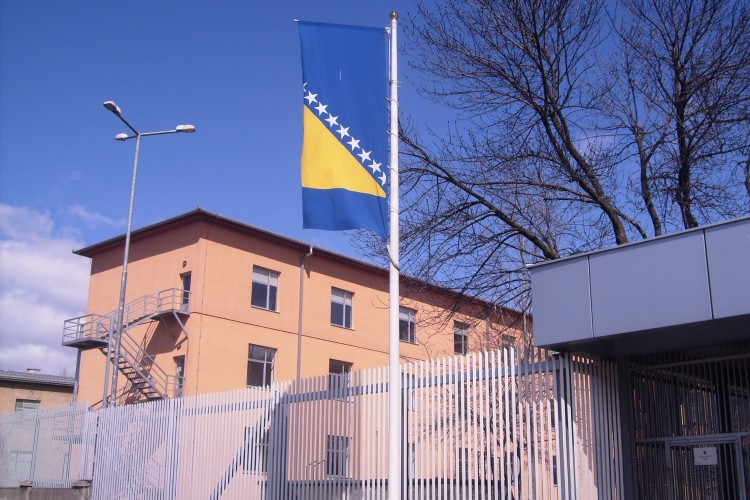
Twenty-four years after the Srebrenica Genocide, it is essential to continue efforts to account for those who are still missing and to bring those who were responsible to justice, International Commission on Missing persons (ICMP) Director-General Kathryne Bomberger said today.
ICMP scientific data concerning persons missing from the fall of Srebrenica has been admitted in evidence at trials before the ICTY and courts in Bosnia and Herzegovina. To date, 20 individuals have been tried at the ICTY for crimes related to Srebrenica. Of these, 15 have been convicted. The BIH State Court has put 56 individuals on trial for crimes related to Srebrenica of whom 37 have been convicted.
For more than two decades, ICMP has led the effort to account for those who went missing during the conflict and to uphold the rights of families of the missing, regardless of national, ethnic or religious affiliation.
Convicting those responsible for war crimes is an essential element in upholding the rule of law. Ensuring that governments fulfil their legal obligations to account for those who are missing as a result of these crimes and to secure the rights of all surviving families of the missing is an important element in the same process.
“Upholding a transparent and truthful account of what happened is essential for peace,” Director-General Bomberger said.
“ICMP supports the continuing demand of the families of the missing for truth and justice. The effort to account for those who went missing at Srebrenica and throughout the former Yugoslavia is an essential element in reinstating the rule of law.”
“A historical record based on scientific fact reduces the scope for unscrupulous leaders to exploit popular fears and popular resentments,” Ms Bomberger said, adding that governments and political authorities must continue to work together to resolve the remaining missing persons cases and to ensure that reliable and accurate information is provided to families and the public.
ICMP’s Western Balkans program will continue to assist in locating the approximately 1,000 persons still missing from the Srebrenica genocide and the 12,000 persons who are still missing in the region. At last week’s 6th Berlin Process Summit in Poznan, Poland, the leaders of the Western Balkans reconfirmed their commitment to account for those who are still missing. Conference participants commended the signing of a Framework Plan, in November 2018 at ICMP’s Headquarters in The Hague, by representatives of Bosnia and Herzegovina, Croatia, Kosovo, Montenegro and Serbia, formally undertaking to work together as the regional Missing Persons Group. Participants in Poznan welcomed the progress that has been made in implementing the plan.

















